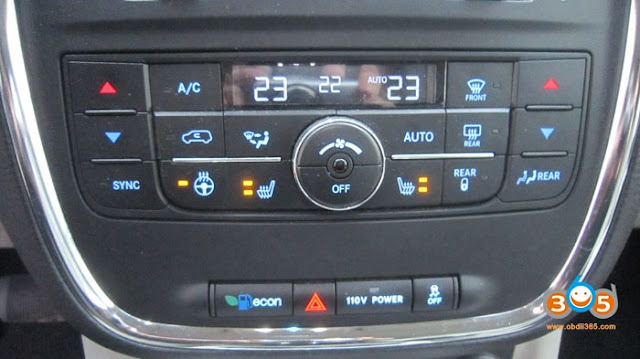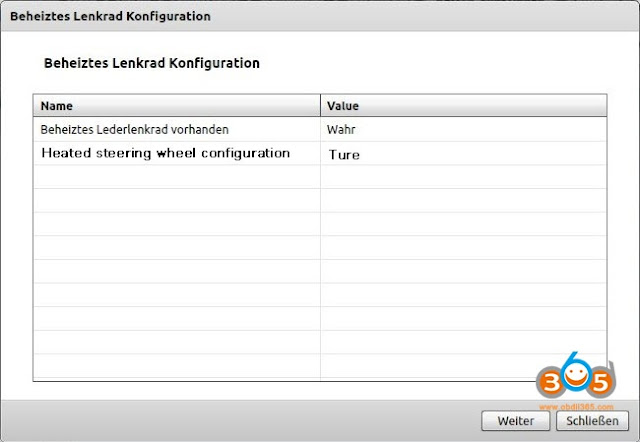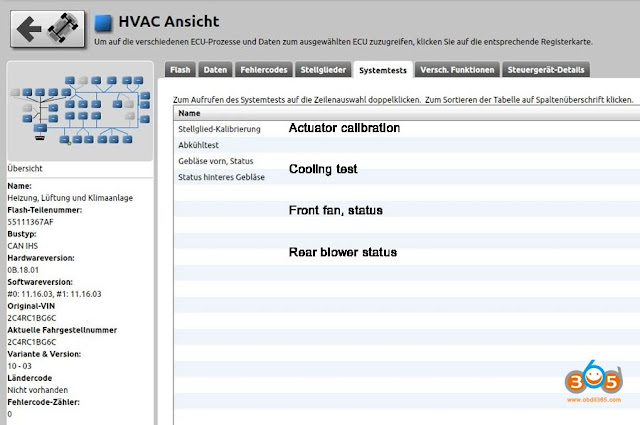SYMPTOM/CONDITION:
The heated steering wheel shuts off to soon, usually after 30 seconds and does not achieve satisfactory temperature. This is an intermittent condition and more noticeable at temps below 19.5°C (67.1°F).
MODELS:
| 2015 | (WK) | Jeep Grand Cherokee |
| 2015 | (W3) | Jeep Grand Cherokee (Egypt) |
| 2016 | (KL) | Jeep Cherokee |
| 2015 | (WD) | Dodge Durango |
| 2016 | (LA) | Dodge Challenger |
| 2016 | (LD) | Dodge Charger |
| 2016 | (LX) | Chrysler 300 |
| 2016 | (UF) | Chrysler 200 |
Applies to these vehicles equipped with Heated Steering Wheel (Sales Codes NHS).
SUBJECT:
Flash/Program: Heated Steering Wheel Temperature
Updating the Comfort Seat and Wheel Module (CSWM) software for the KL/UF vehicles or the Heated Seat Module (HSM) software for the W3/WK/WD/LD/LA & LX vehicles.
DIAGNOSTIC TOOL:
DIAGNOSIS:
Using a wiTech scan tool (micropod2 or
vci pod) diagnostic application for flashing and ECU is available by selection “Help”, then “Help Contents” at the top of the wiTech Window.
The wiTech software is required to perform this procedure.
Programming Procedure:
Installation of parts:
The following operation must be carried out before programming:
• Replacement of the steering column control unit (SCCM)
• Replacement of the climate control control unit
• Replacement of the steering wheel
• Installation / replacement of the heating control unit and the cable set under the seat
• Laying the cable from connector C200 to connector C376 and possibly also C376 for TIPM
Programming as with the other internals is not necessary per se . The steering wheel heater should work immediately if the cabling is correct. During the first test, make sure that, like the seat heating, it only comes on when the engine is running.
After the engine started, it was a good sign that the LED in the symbol of the steering wheel heater went on. The front seat heating could also be activated. After a short time you noticed the heating of the steering wheel.
Nevertheless, you have to check or have a setting checked afterwards to avoid possible damage to the steering wheel due to overheating.
There is a configuration in the HSM module that differentiates between leather and wood steering wheels. If you do not know the origin of a used HSM module, a misconfiguration can occur if, for example, a wooden steering wheel is configured there, but it is no longer installed.
The configuration can be changed or checked with the Witech. To do this, go to the
wiTech HSM module and call up the
“Heated steering wheel configuration” routine in the “
Various functions” tab.
First, the meaning of the routine is explained again.
The current configuration is then displayed. In the picture, the wooden steering wheel is configured because the value for “Heated leather steering wheel available” was set to “Wrong”.
If you click on the “Next” button in the following window, the configuration changes to full leather. If you have a wooden steering wheel, then click on “Close” in this window. Since I had installed a leather steering wheel, I clicked “Next”.
Then you can start the routine for checking again. Now “True” stood for the value “Heated leather steering wheel available”.
Another system test is also recommended. Since the air conditioning control unit has been replaced, you should go to the HVAC module. The “Actuator calibration” routine must be carried out there in the “System tests” tab. This makes sense because the start and end values of the stepper motors of all flaps are stored in the air conditioning control unit. Otherwise it could happen that the flaps no longer close completely.
Done.








